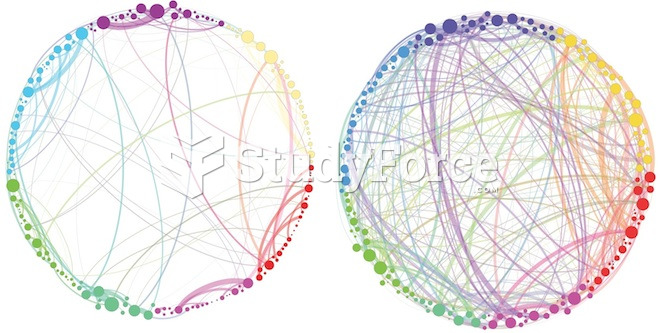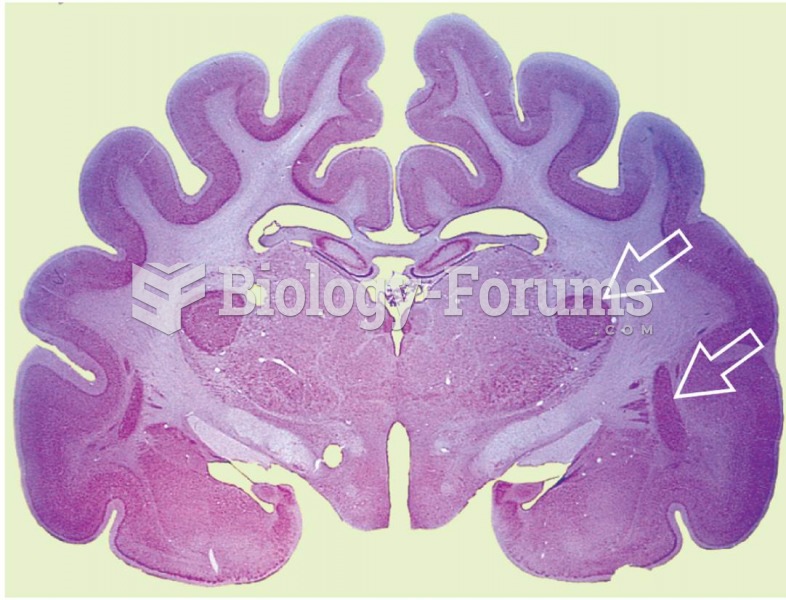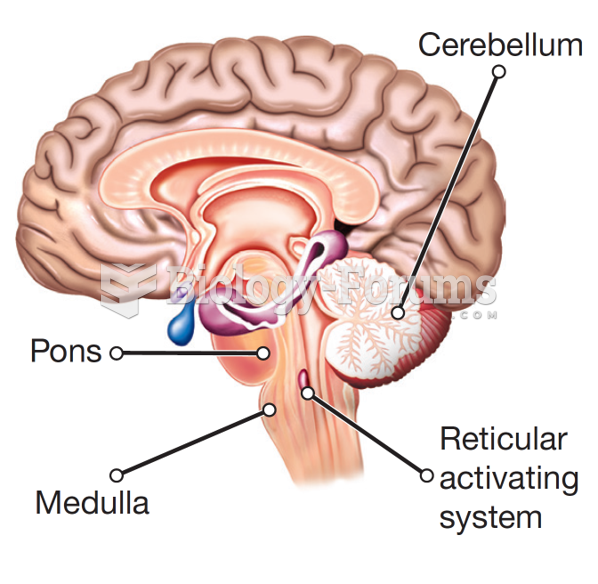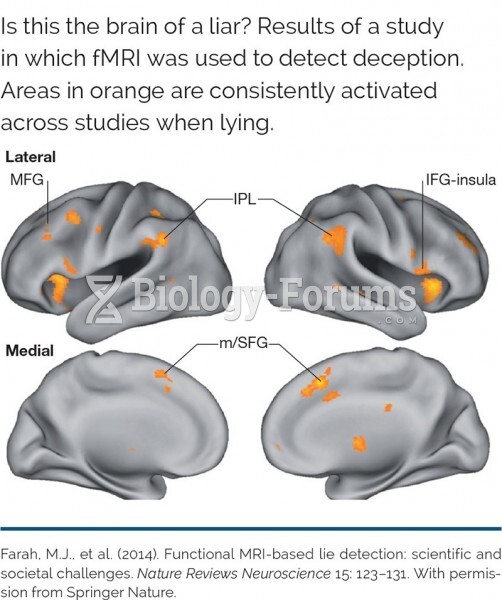|
|
|
The people with the highest levels of LDL are Mexican American males and non-Hispanic black females.
More than 30% of American adults, and about 12% of children utilize health care approaches that were developed outside of conventional medicine.
A cataract is a clouding of the eyes' natural lens. As we age, some clouding of the lens may occur. The first sign of a cataract is usually blurry vision. Although glasses and other visual aids may at first help a person with cataracts, surgery may become inevitable. Cataract surgery is very successful in restoring vision, and it is the most frequently performed surgery in the United States.
According to research, pregnant women tend to eat more if carrying a baby boy. Male fetuses may secrete a chemical that stimulates their mothers to step up her energy intake.
The first documented use of surgical anesthesia in the United States was in Connecticut in 1844.







